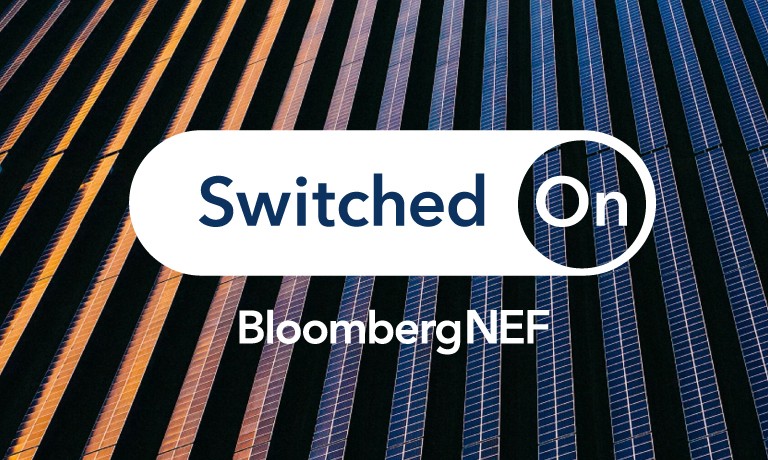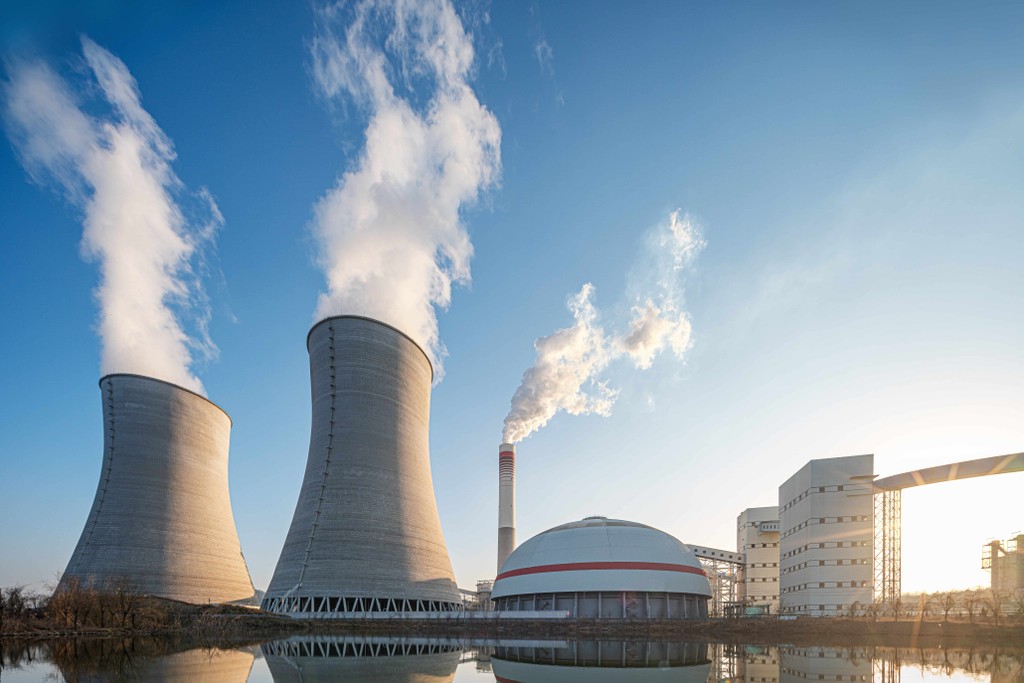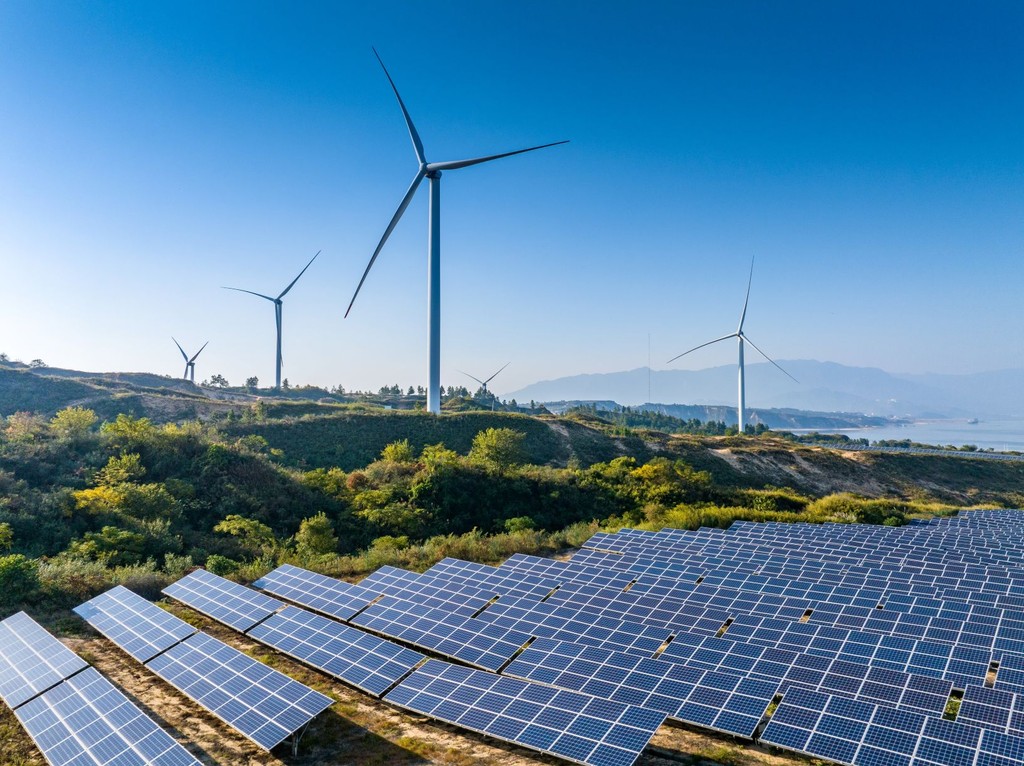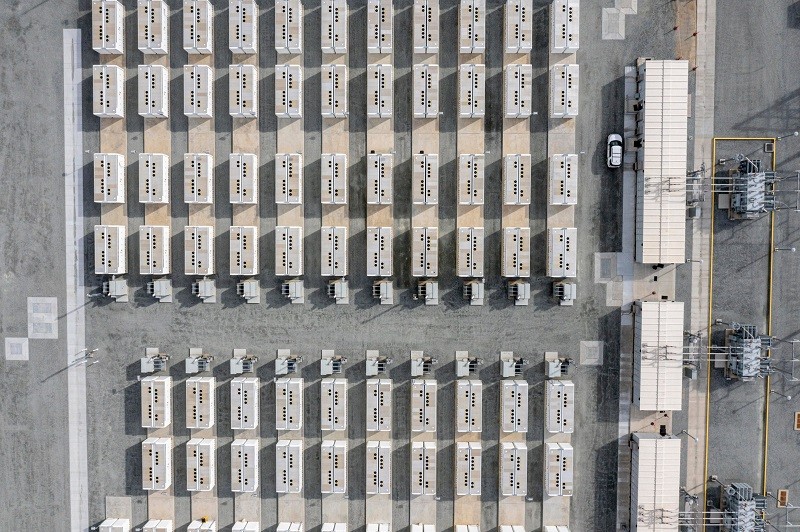By Luiza Demôro, Global Head of Energy Transitions, Vinicius Nunes, Associate, Brazil, Rafael Rabioglio, Head of Latin America, Bloomberg NEF
Brazil is poised to play a major role in the global energy transition. The country’s own net-zero transformation presents a $6 trillion opportunity through 2050 – equivalent to 6.6% of the country’s GDP over the same period – and as the host of COP30, Brazil has a chance to help shape the world’s climate agenda while also highlighting the progress it is making on its own climate goals.
The 2025 edition of the Brazil Transition Factbook, produced by BloombergNEF and commissioned by Bloomberg Philanthropies, aims to support policy, business and investment professionals by making available key data about the country’s energy transition. Across eight sectors of the low-carbon economy, the Factbook analyzes the key trends, challenges and opportunities that define Brazil’s energy transition – and considers how the country is positioned to support the world meet its climate targets.
On the one hand, Brazil’s energy transition is well under way. The country has the cleanest electricity generation among Group of 20 members and has seen a significant increase in wind and solar generation in the past few years. Energy storage is expected to take off soon. And after reaching six figures for the first time in 2024, electric vehicle sales are on track for another big bump, as Chinese automakers are planning to set up factories in Brazil later this year.
Yet Brazil’s primary energy demand still relies significantly on fossil fuels, and further electrification will be critical if the country is to meet its net-zero goals.
Beyond its own transition, Brazil could play a key role in helping decarbonize the world by providing biofuels, energy transition metals and nature-based solutions. Sustainable aviation fuel targets now cover 45% of global jet fuel demand, and Brazil’s well-developed biofuels industry could play a role in supplying SAF at competitive prices – although announced projects in the country represent just 2% of total projected supply by 2030.
Brazil’s biomass availability could help build out the country’s green-steel industry as clean hydrogen developers grapple with high costs and low demand. And Brazil is one of the world’s top sources for critical energy transition metals.
It also has one of the most diverse and valuable ecosystems in the world, which means Brazil could lead the way in sustainable agriculture. The country’s corporate regenerative agriculture market is already the second-largest globally, and Brazil possesses the largest potential for nature-based solutions in the world.
To support these transitions, Brazil’s national sustainable taxonomy is expected to be finalized later this year, and carbon markets are likely to play a key role. The country stands at the nexus of domestic and global carbon markets, hosting COP30 – where attendees will try to finalize a worldwide market – just as its own offsets market gets off the ground.






